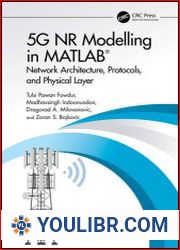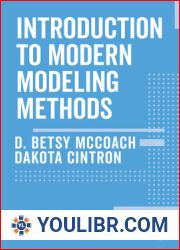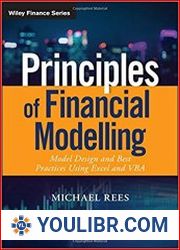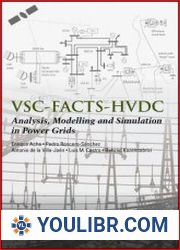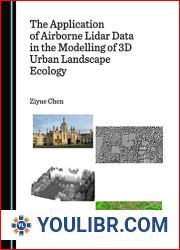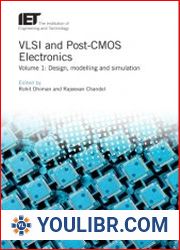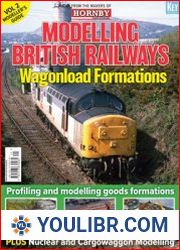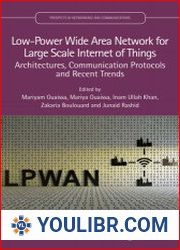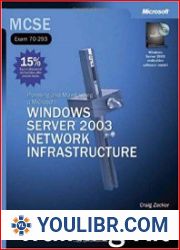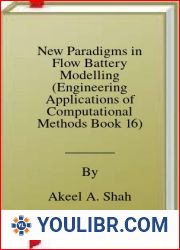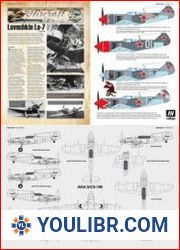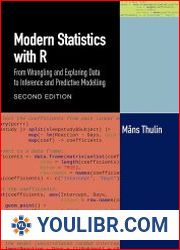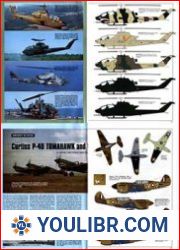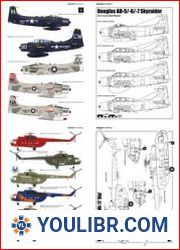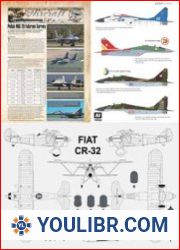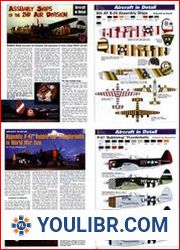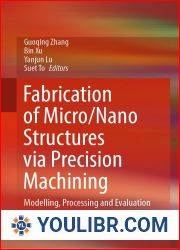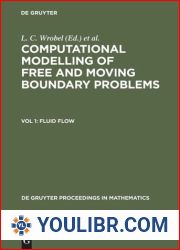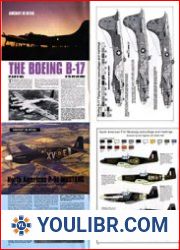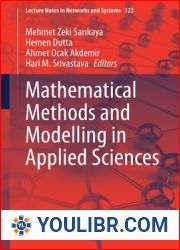
BOOKS - 5G NR Modelling in MATLAB Network Architecture, Protocols, and Physical Layer

5G NR Modelling in MATLAB Network Architecture, Protocols, and Physical Layer
Author: Tulsi Pawan Fowdur, Madhavsingh Indoonundon, Dragorad A. Milovanovic
Year: 2025
Format: PDF
File size: 48.8 MB
Language: ENG
Year: 2025
Format: PDF
File size: 48.8 MB
Language: ENG
5G is the fifth generation of cellular technology. It is designed to increase speed, reduce latency, and improve the flexibility of wireless services. 5G New Radio (NR) is the enabler of three key service classes: Enhanced Mobile Broadband (eMBB), Ultra-Reliable Low Latency Communications (URLLC), and Massive Machine-Type Communications (mMTC). The 5G network is expected to deliver a wide range of services that includes eMBB, mMTC, and URLLC. To realize such a diverse set of requirements, the 5G network has evolved as a multilayer network that uses various technological advances to offer an extensive range of wireless services. Several technologies, such as software-defined networking, network function virtualization, edge computing, cloud computing, and small cells, are being integrated into the 5G networks to fulfill the need for diverse requirements. This book provides a detailed description of the fundamental aspects of 5G. It gives an in-depth coverage of the network architecture of 5G by considering both the network reference point architecture and the service-based architecture. The MathWorks introduced MATLAB’s 5G Toolbox which provides standard-compliant functions and examples for the simulation of the 5G environment. In this book, functions from the toolbox were used to build the 5G NR end-to-end physical layer model for Packet Data Shared Channel (PDSCH) processing and to calculate the PDSCH throughput, Bit Error Rate (BER), and Block Error Rate (BLER). Moreover, MATLAB models of each block have been used to simulate a complete 5G downlink system.







